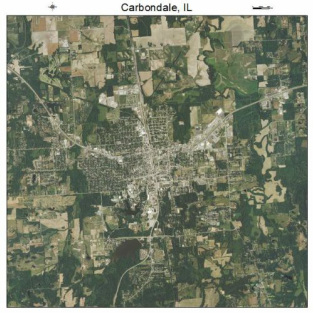Rural Civil Rights Project:
Long Road to Social Justice, 5 minutes, 2013
Washing the Black Away: Personal Trials of Desegregation 20 minutes, 2013
Invisible lines, work in progress 2014

These audio documentaries were produced in collaboration with
Dr. Angela Aguayo as part of the Rural Civil Rights Project. Drawing from oral history interviews, long-time civil rights activists and community elders reflect on segregation, integration, and the slow pace of social change. Interviews were conducted and recorded by Dr. Aguayo. I edited and mixed the documentaries.
Dr. Angela Aguayo as part of the Rural Civil Rights Project. Drawing from oral history interviews, long-time civil rights activists and community elders reflect on segregation, integration, and the slow pace of social change. Interviews were conducted and recorded by Dr. Aguayo. I edited and mixed the documentaries.
Long Road to Social Justice:
|
Margaret Nesbit reflects on her time in Carbondale since 1940, the things that have changed and the things that haven't.
|
|
|
Ella Lacy's children were the first African American students to attend a formerly all-white elementary school in Carbondale, IL, ten years after Brown vs. Board of Education. She talks about her family's experiences on the front-lines of school integration.
Ella Lacy is a retired Southern Illinois University School of Medicine Professor. |
Invisible Lines:
|
This program explores redlining, the sanctioned or informal practice of preventing groups of people from living in particular areas. In 1965 Ella Lacy and her family were the first African American family to buy a home outside of Northeast Carbondale, the town's historically Black neighborhood. She tells us her story. John Holmes, also a retired SIU professor and founder of the Africana Studies department remembers his activism around housing discrimination in Carbondale in the 1950s.
|